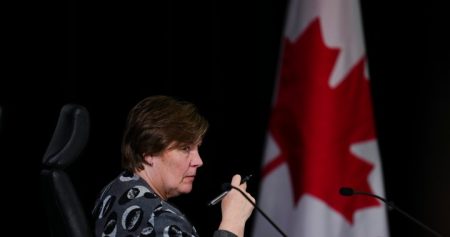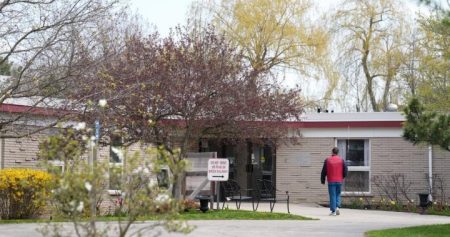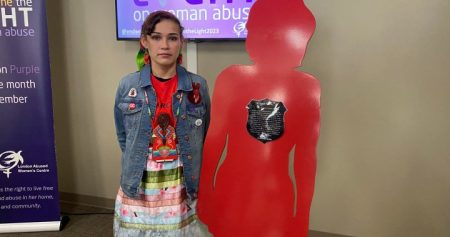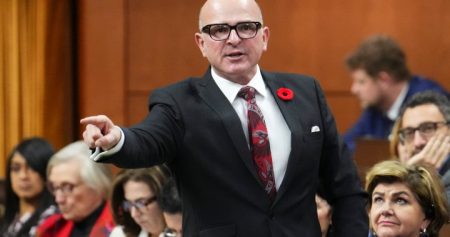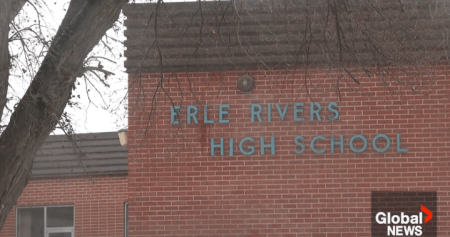Arguments were heard in Saskatoon Provincial Court in the case of Taylor Kennedy, who is charged with THC-impaired driving causing death after nine-year-old Baeleigh Maurice was killed by a pickup truck in 2021. Kennedy’s lawyer argued that her comments to police after the accident were compelled by officers and should not be held against her. Kennedy admitted to consuming marijuana and mushrooms the night prior, prompting an oral swab for THC from a drug recognition expert.
During the defence’s closing case, Kennedy’s lawyer Thomas Hynes argued that her comments were compelled by police before she was read her rights, as Kennedy believed she was required by law to answer all questions from police when involved in an accident. Hynes pointed out that Kennedy was not informed when the investigation shifted from a traffic matter to a criminal investigation and was not advised of her right to stop responding to officers. He contended that Kennedy’s admissions to drug consumption were made under the belief that she was required by law to report it.
Crown prosecutor Michael Pilon argued against the defence’s claim, stating that officers did not ask Kennedy about drug consumption until after she had willingly provided the information herself. Pilon argued that Kennedy told police everything because she felt a moral obligation to do so, not because she was compelled by police. He also questioned Kennedy’s recollection of the event, stating that she may not be reliable due to her emotional state at the scene or her prior drug consumption. Judge Jane Wootten must decide whether Kennedy’s comments were compelled by police, and the case will continue next week.
The defence maintained that Kennedy thought she had to answer all questions from police because she believed it was the law to do so when involved in an accident. Hynes argued that Kennedy’s admissions to drug consumption were made under the subjective belief that she was required by law to report it, even though she was not informed of her rights during the investigation. He asserted that the court could conclude that Kennedy’s statements were made under the impression that she had to comply with police requests.
The Crown prosecutor disputed the defence’s argument, claiming that Kennedy disclosed information about drug consumption voluntarily and out of a sense of moral obligation. Pilon stated that at no point did police tell Kennedy she was required to answer questions, and she did so willingly. He also challenged Kennedy’s reliability in recounting the events, citing emotional distress at the scene and potential effects of drug consumption. The judge will ultimately have to determine whether Kennedy’s comments were compelled by police during the investigation.








